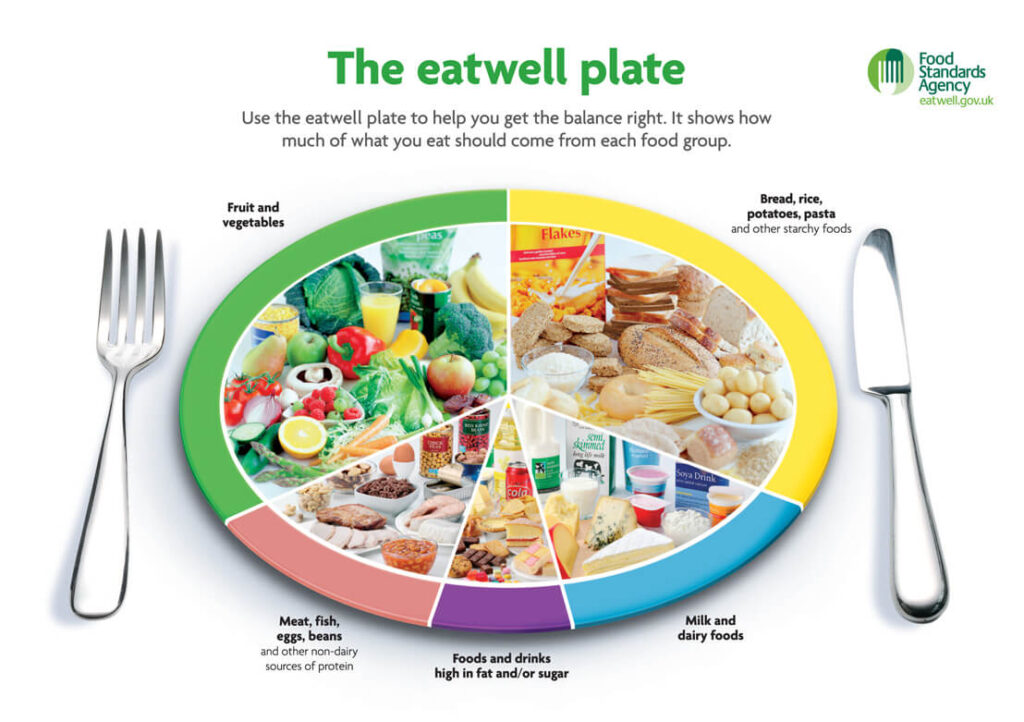Preparing for Pregnancy
Most people would benefit from improving their health, particularly for those individuals who are trying to conceive. A healthy lifestyle can improve your fertility and can also increase the chance of a successful treatment. The most commonly asked question in relation to this is how can an individual improve their health and make them more fit for pregnancy. This leaflet is designed to give information for both men and women to help you improve your health and fitness.

Stop smoking
We know this is easier said than done, but research studies have shown that smoking can have harmful effects on sperm quality, egg quality, embryo quality and reduce the chance of implantation. Smoking affects many aspects of your general health including an increased chance of developing cancer, heart disease and lung disease. It is important to note that passive smoking can affect your partner and other persons who come into contact with you whilst you are smoking. Support is essential when giving up smoking and there are many agencies and advisors who can help you quit. If you need help or support you can contact the following: ‘Quitline’ on 0800 002200 or your GP or practice nurse.
Achieve and maintain a healthy body weight
A healthy body weight is referred to as a Body Mass Index (BMI). This is calculated by taking into account your height and weight. It is important that your BMI is as near to your ideal BMI as being over or under weight can cause general health problems but can also affect your fertility and capability of having a low risk pregnancy and resulting healthy live birth. The aim is to achieve a BMI of between 21 and 30 (ideally 21 – 25). If you need help to lose weight then you can be referred by one of the clinicians in the clinic to a dietician or you can seek the help and support of your general practitioner or practice nurse. It is important to note that healthy weight loss should be a gradual process, aiming for a loss of 1 – 2 lbs (0.5 – 1.0 kgs) per week.
Undertake Regular Exercise
It is a known fact that regular exercise improves physical fitness, aids weight loss combined with a calorie controlled diet and decreases stress levels. The advice is to aim for a form of aerobic exercise three times per week. That activity is any activity that increases your heart rate and breathing e.g. running, swimming etc.
Reduce Alcohol intake
Research has shown that excessive alcohol reduces fertility and damages sperm. The guidance for women who are trying for a pregnancy is to restrict alcohol to two units per week and for men it is four units per week.
Drink plenty of water
Our bodies require at least 1200mls – 1500mls of fluid (8 – 10 cups) per day. Research studies have suggested that excessive caffeine may reduce your fertility, so the advice is to replace coffee, tea, fizzy drinks such as cola, and ‘energy’ drinks such as ‘Red Bull’ with caffeine free alternatives or water. When you are having fertility treatment we will advise you avoid caffeine completely.
Coping with stress
For couples undergoing fertility treatments, the experience can be extremely stressful. The stress and anxieties experienced in such a situation is unavoidable, however, there are positive ways you can deal with stress to help you through your treatment. Unmanaged, stress can lead to insomnia, tiredness, mood swings, depression and lack of motivation. At the unit we are here to help and support you through your treatment and remember you have access to a counsellor who can help you employ positive coping mechanisms to deal with your stresses and anxieties. Some ways of coping with stress in a positive way is to undertake physical exercise, yoga, relaxation with help of books, tapes, videos etc, support from clinic staff, family, friends, counsellors etc. If you would like to see the counsellor, please do not hesitate to contact one of the clinic staff.
Eat yourself healthy
It is important to eat regular meals, enjoying a wide variety of different foods. Healthy eating helps you to achieve and maintain a healthy body weight, it ensures your body has sufficient vitamins and minerals essential for conception and it ensures you have enough energy to perform your daily activities. It is important to consume foods for all the food groups in the correct proportions.
The diagram below shows the recommended proportions.

It is vital that you eat more fruit and vegetables as they are an excellent source of vitamins and minerals, the recommendation is to consume at least 5 portions per day. A portion could be one apple, pear or banana, one slice of melon or pineapple, two plums or satsumas, one cup of strawberries/raspberries, two tablespoons of vegetables (raw, cooked, frozen or canned), one dessert bowl of salad.
Starchy foods include bread, cereals and potatoes. Where possible try to eat wholegrain varieties such as wholemeal bread, bran flakes etc.
Meat and fish are essential for protein and iron as well as other essential nutrients. If you are a vegetarian it is important that you include pulses, beans and nuts in your diet to replace meat and fish. Beware of the fat content of meat and fish especially is you are on a weight reducing diet.
Milk, cheese and yoghurt are important for calcium, protein and other nutrients. It is important to choose low fat varieties where possible such as skimmed milk, cottage cheese or low fat yoghurt, especially if you are trying to loose weight.
Be careful with foods that contain lots of sugar and fats e.g.: sweets, chocolate, biscuits, burgers, cakes, crisps and pastries. These should be eaten only occasionally as they are high in calories and have a low mineral and vitamin content. It is also important to note that fats such as butter, oils and cream should be consumed sparingly.
Folic acid supplementation
It is strongly advised that women trying to conceive take 0.4mg of folic acid per day, three months before becoming pregnant and for the first three months of pregnancy. It is the supplementation that is recommended but folic acid should also be sourced in the diet by eating foods such as sprouts, broccoli, spinach, oranges and fortified breakfast cereals such as ‘rice crispies’.
For further information on eating healthily, visit the NHS website for advice on eating healthily whilst pregnant.
If you are looking for fertility advice that is tailored to you, visit our fertility assessments page which details the baseline investigations we can carry out for you before any fertility treatment begins.



